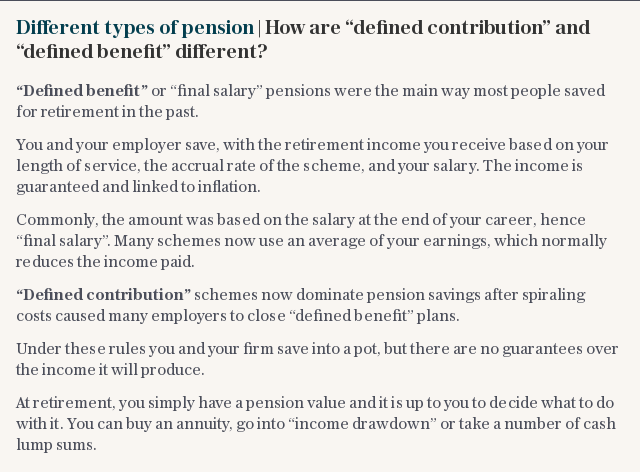Pension jargon took me 10 years to unravel

Years of flattering fund reports from Prudential convinced David Mitchell, 69, that he was due a fair-sized pension. When it didn't materialise, he launched a decade-long campaign for answers in plain English. But experts say financial firms are still bamboozling consumers and putting them at risk.
"Prudential has sent me kilos of information, but in my opinion no complete, clear financial account that I as a retail customer can understand," said Mr Mitchell, a former head gardener to the Queen who for five years lived in the grounds of Buckingham Palace.
He is among millions of savers who bought investment bonds, endowments, insurance and, in his case, pensions, invested in insurers' "with-profits" funds.
Customers were often given little explanation of how the complex funds worked when they were heavily sold in the Nineties. Shortfalls in endowment mortgages based on with-profits funds led to a major mis-selling scandal.
James Daley of Fairer Finance, a consumer group, said: "With-profits documentation has always been complex and impenetrable to the average consumer. Way back in 2001 the Consumers' Association, now Which?, was campaigning for more transparency and plain English, but the battle was never won."

In a nutshell, with-profits funds pool customers' money, the insurance company invests it, and after the cost of running the business is deducted, a share of the profits is paid out via a series of variable bonuses.
Based on documents from Prudential he diligently kept over the years, Mr Mitchell understood that his pension would grow to around £30,000. When in 2009 it turned out to be worth a little over £20,000, he complained. He has been fighting to find out why ever since.
He said: "By my calculations, between 1998 and 2009 Prudential failed to award me a fair and reasonable portion of the declared annual gross profits of the Scottish Amicable Insurance Fund."
For almost 10 years Mr Mitchell has sought answers from Prudential, the Financial Ombudsman Service, City watchdog the Financial Conduct Authority (FCA) and the Information Commissioner. None has been able to clear up the confusion.
He said: "My repeated failed attempts to get any direct, customerfriendly reply from Prudential has caused me deep anxiety and distress."
After Telegraph Money became involved, Prudential pulled out the file on Mr Mitchell's decade-long dispute to finally resolve the issue.
A spokesman said: "Mr Mitchell has misunderstood his statement. The value of £17,613 quoted in 1997 is a projected value, an estimate payable at his retirement date of 2009, which was then still 12 years away. It was not the value of the policy in 1997.
"It is therefore incorrect to take that projection and add anything to it, let alone 62pc growth, which is the calculation Mr Mitchell appears to have made."
Darren Cooke, an adviser at Red Circle Financial Planning, said many with-profits customers would be facing similar confusion, leaving them poorly prepared for a retirement planned on figures incorrectly lifted from indecipherable documents sent by insurers.
He said: "Finding out how the money was invested and what returns it actually made [for older products] is all but impossible.
"With-profits bonuses paid each year to investors still bear no relation to the actual returns achieved by the funds. And forget trying to determine the charges on the funds."

The FCA is investigating the "fair treatment of with-profits customers" at 30 firms. Early feedback from the industry warned that "the opaque nature of with-profits funds can lead to hidden charges and poor outcomes" for savers, who still have £274bn tied up in them.
Insurers are now obliged to publish a "consumer-friendly" version of their "principles and practices of financial management" document to explain how their withprofits fund works.
But Mr Daley said even these were "completely unintelligible to most people". He added: "I don't think communications have got any better and the risk is that consumers don't understand what they have, so make poor decisions."
Mr Mitchell said he felt let down. "Prudential has broken its contract of trust with me. The chairman came into our lounge on our television in an advert and said, 'You can trust the man from Prudential'. But I feel it failed to give an ordinary customer a clear, straightforward answer," he said."
The Prudential spokesman said: "Mr Mitchell received good returns. He invested £3,223 and received £20,817, a return of 8.5pc a year, and a guaranteed annuity rate of 8.7pc."
laura.miller@telegraph.co.uk

 Yahoo Finance
Yahoo Finance 